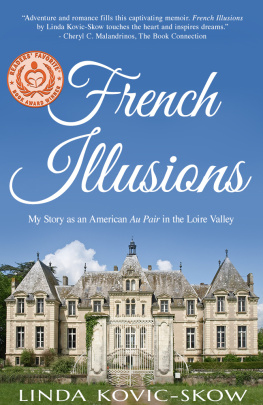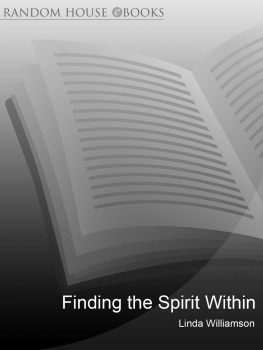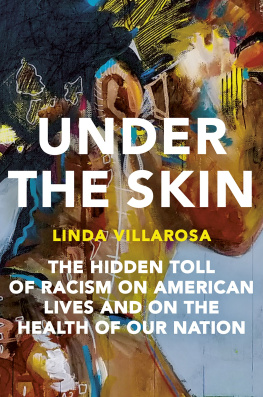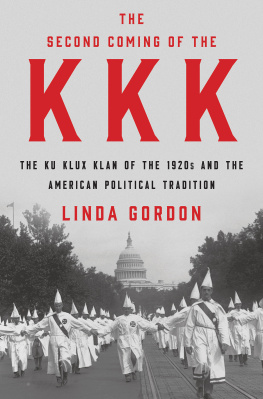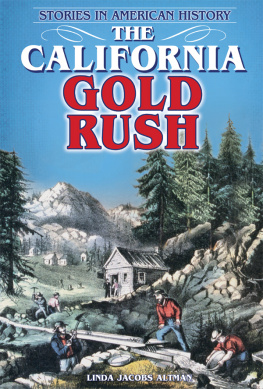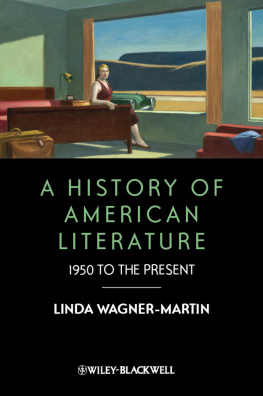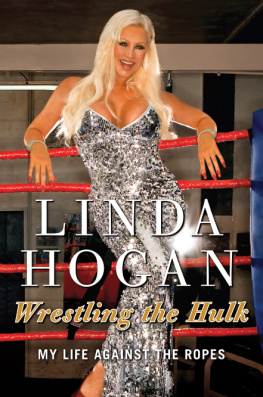About the Author
Linda Liu was born in China, grew up in Beijing, and worked there for about 20 years after she graduated from Peking University. In 1985, she came to the United States. She earned her MS in Chicago and then worked as an IT professional in companies for years. She is the author of Frame of Mind in the Mao Era of China, which has been published. She is an American citizen and lives with her husband in California now.
Copyright Information
Linda Liu (2020)
All rights reserved. No part of this publication may be reproduced, distributed, or transmitted in any form or by any means, including photocopying, recording, or other electronic or mechanical methods, without the prior written permission of the publisher, except in the case of brief quotations embodied in critical reviews and certain other noncommercial uses permitted by copyright law. For permission requests, write to the publisher.
Any person, who commits any unauthorized act in relation to this publication, may be liable to criminal prosecution and civil claims for damages.
All of the events in this memoir are true to the best of authors memory. The views expressed in this memoir are solely those of the author.
Ordering Information
Quantity sales: Special discounts are available on quantity purchases by corporations, associations, and others. For details, contact the publisher at the address below.
Publishers Cataloging-in-Publication data
Liu, Linda
From Scratch
ISBN 9781645751540 (Paperback)
ISBN 9781645751533 (Hardback)
ISBN 9781645751557 (ePub e-book)
Library of Congress Control Number: 2020919481
www.austinmacauley.com/us
First Published (2020)
Austin Macauley Publishers LLC
40 Wall Street, 28th Floor
New York, NY 10005
USA
mail-usa@austinmacauley.com
+1 (646) 5125767
Acknowledgement
To my son, John (Yao) Jiang, you were doing exceedingly well in your middle school due to your hard work and getting help from your teachers, classmates, and neighbors. You dreamed to continue studying in USA. It let us, your parents, make the huge determination to put down our roots in the American soil.
In writing this book, I am extremely grateful to my friends I made in Fayetteville and Urbana-Champaign for their help in my time of trouble. They helped a lot in my efforts to live in the United States. Thanks to them, especially Louise Coker, Betty Lou Modlin, William and Winnie Soo Hoo, and Laura Jane Colber, all of whom are very kind and devoted Christians. Those kindhearted friends lit Gods spirit in me, so I never forget the true friendship. It was them who encouraged me to overcome various difficulties and to find the way to living. If I didnt have these friends, this book would not exist.
A special thanks goes to Janis Holmberg; she reviewed my book and her professional suggestions made my work much better.
Chapter 1
Yearning for the West
Like many Chinese, I yearned for the West, especially for America. I heard that America is a great country because it has advanced industry and cutting-edge technologies, because it has high-level education, because it has freedom and democracy, and because its people live in an age of rapid advances and a high-spirited world. So many good things I heard were from those who returned to China after their advanced education and profession in the United States.
In 1985, the Chinese government announced a policy that allowed a mother or father and their children to go abroad to visit their spouse, so my son and I could visit my husband who studied for his PhD in the USA in May 1985. We were excited about going to America, for it had been unimaginable and unthinkable a half year ago. We were asked to take a photo showing mother and son together for the passport and prepared going to America in 1985.
There was no direct flight between Beijing and the place my husband, Jiang, was living. We had to first arrive at San Francisco Airport from Beijing after a thirteen-hour flight, transfer to a plane to Tulsa, Oklahoma, where we would meet my husband, and then we took a car to Fayetteville, Arkansas. My son, Yao, was looking around, while we were on the plane sitting in seats in the middle rows. He was eleven years old on his first plane ride and was pretty excited. He asked questions, and he wanted to know how long before he could see his dad. I told him, Tonight. Jiang had already been gone from us for one-and-a-half years. Both, Yao and I, missed him very much. We really couldnt endure such separation in life.
I would never forget that we had suffered from a miserable life after we married and lived in different places far apart and that I had two natural miscarriages over five years in the 1970s. We visited each other once every other year and had lived together about three weeks a year. I couldnt remember how many sleepless nights I had, but no matter how difficult, we believed that someday we would live together. I expected such a bitter life to be ended forever. What drink do you want? A female flight attendant was serving now and interrupted my thinking. She pointed to two drinks; orange juice and apple juice. Orange juice, please, I pointed, received it, and gave it to my son. After drinking, Yao was sleepy. There were many empty seats on the plane, so I could let Yao lie down across our row of two seats and fall asleep. On the plane, the meal was American food. We had never eaten real Western food before, so we were not accustomed to it and ate a little bit. Yao didnt eat anything and only drank orange juice. After dinner, an English movie was started; I was not interested in it, because I didnt understand any of the words. I was sitting there and did nothing, but I couldnt sleep. I looked around and saw some passengers were watching the movie, some were sleeping, and one was reading an English book next to us. If I had a book to read, how wonderful that would be, I thought. I could read some English books but I hadnt brought one.
Chinese scholars, who returned to China from the United States and Europe, were hardcore in universities, research institutes, and important industries. The professors, who returned to China from America, gave all students a very good impression about their teaching and research jobs. After working in the research institute, I heard that those who received a PhD from the United States had great achievements in their research with their special skills and knowledge. The young Chinese respect and envy them. We wished someday we would go to the Western world to learn advanced science and technologies to serve people. In 1972, President Nixon visited mainland China and established the relationship between the United States and China and China stated to open the door to West. Since then, Chinese authorities started to assign scholars to Western countries to study, join conferences, or perform temporary work. That set off an upsurge of learning English emulation all over China. Jiang learned more English in the training class in six months in our institute.
In 1980, Jiang joined other two colleagues to participate in the Chemistry Conference in Las Vegas, Nevada. He reported his research paper at the conference. He and his colleagues visited three American National Laboratories. He envied their advanced technologies and equipment, work environments, and conditions. He greatly desired to go to America for work or study. When American experts visited our institute in 1983, he was assigned to receive and welcome the honored guest, P. K Kuroda. Dr. Kuroda was a chemistry professor at the University of Arkansas. My husband asked him if he could work for him temporarily. Dr. Kuroda said that he could receive him as a graduate student due to his grant for a research position. Jiang thought this was an opportunity to get advanced technology and knowledge and he decided to go to the University of Arkansas for his unfinished PhD that was interrupted during the China Cultural Revolution. He went there in December 1983.




